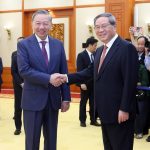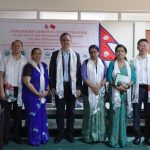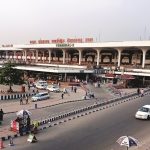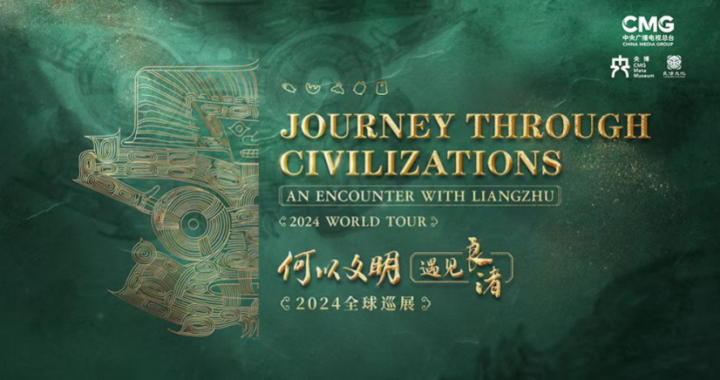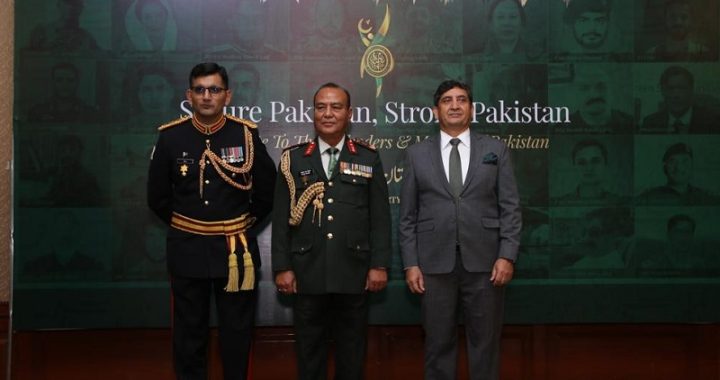Chinese President Xi inspects poverty alleviation efforts in north China’s Shanxi Province
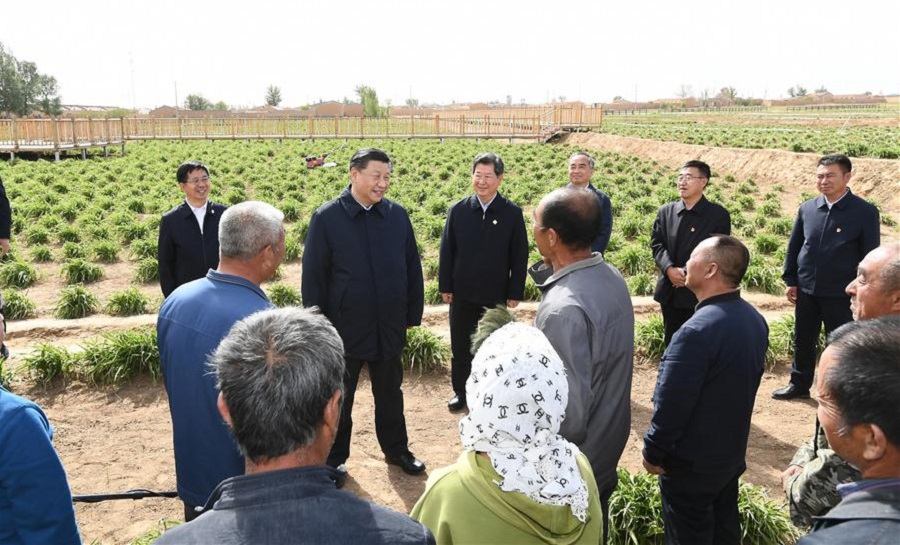
Chinese President Xi Jinping, also general secretary of the Communist Party of China Central Committee and chairman of the Central Military Commission, learns about poverty alleviation efforts at an organic daylily farm in Yunzhou District of Datong City, north China's Shanxi Province, May 11, 2020. Xi inspected north China's Shanxi Province on Monday. (Xinhua/Xie Huanchi)
Kathmandu, 2020-5-12 (CGTN)
Chinese President Xi Jinping, also general secretary of the Communist Party of China (CPC) Central Committee, on Monday inspected north China’s Shanxi Province, calling for more poverty alleviation efforts.
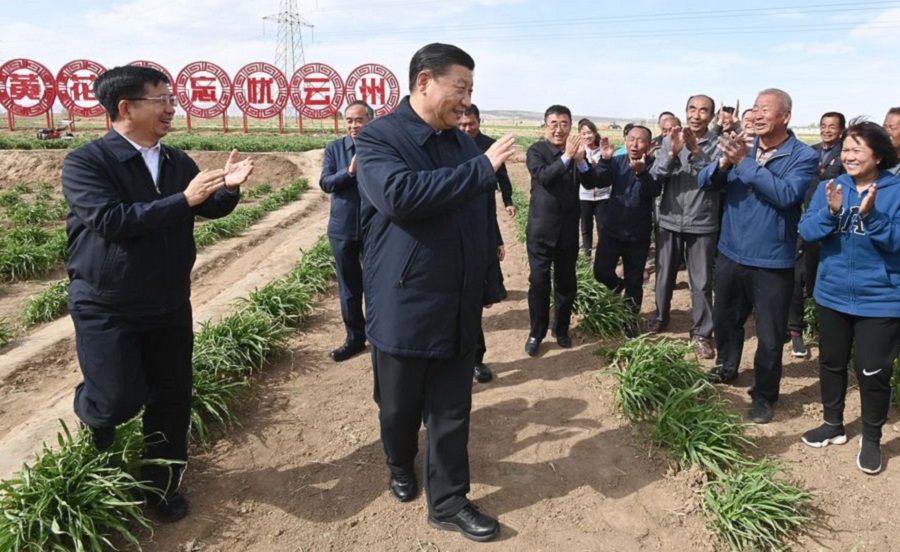
China views rural impoverished areas as the biggest challenge in completing the task of building a moderately prosperous society in all respects by 2020.
From 2013 to 2019, China lifted more than 93 million rural people out of poverty through measures such as pairing-up aid, fostering industries such as produce processing and tourism, and relocating those in barren and remote mountainous areas to more habitable places.
By the end of last year, there were still over 5.5 million people living under the poverty line across the country.
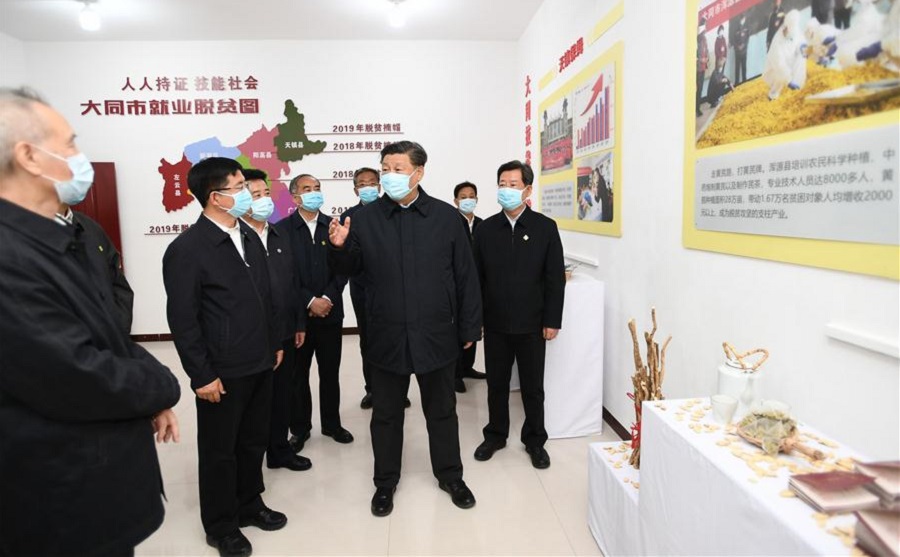
On Monday afternoon, Xi visited an organic daylily farm in Yunzhou District of Datong City, and Fangcheng new village in the city’s Xiping Township to learn about its poverty alleviation efforts.
Yunzhou District, part of the extremely poor area in the Yanshan and Taihang mountains, has a history of growing daylilies for more than 600 years. It is also the pillar industry in the district, but there was no large-scale plantation before 2010.
Over the past 10 years, the district has seen a tenfold increase in the area used to grow daylilies to around 10,000 hectares.
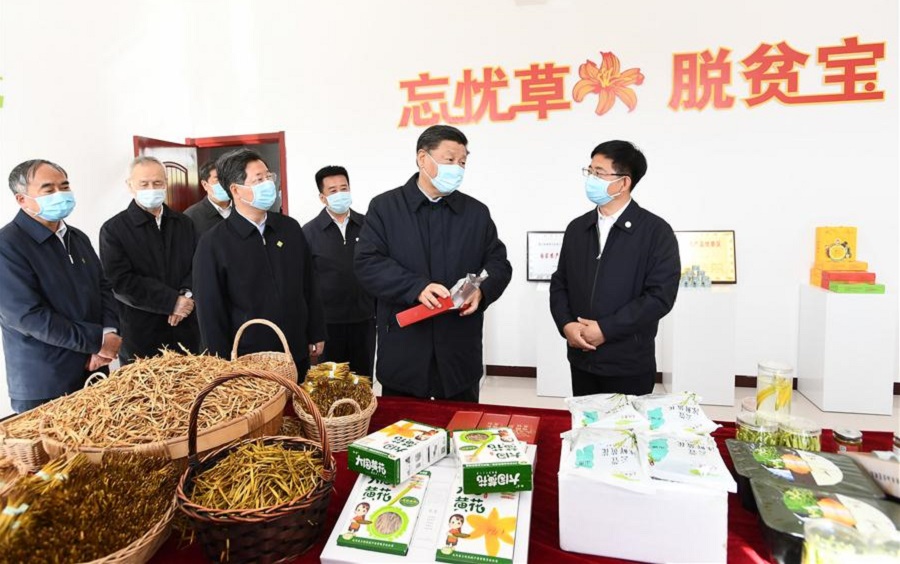
During the visit, Xi checked the growth and production of daylily in the fields. Learning that the industry provides a stable source of income to the locals and has successfully lifted many registered poor household out of poverty, Xi hailed the prospect of the industry and encouraged the locals to develop the industry with greater efforts.
He also stressed efforts to protect and develop the daylily industry and give a full play to its role in poverty alleviation.
To shake off poverty, impoverished counties in Shanxi have developed the planting of apples, potatoes and daylily into industries to guarantee stable jobs and incomes for farmers. According to officials, more than one million people have been lifted out of poverty.
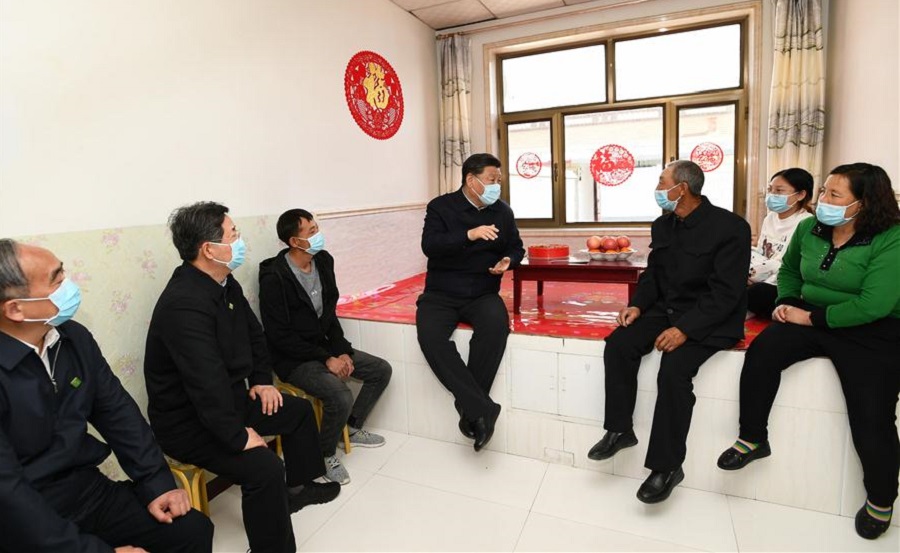
In the Fangcheng new village in Xiping Township, Xi sat down with Bai Gaoshan and his family to learn about how their lives have changed since moving into their new home.
The village, with a registered poor population of 157, completely eradicated poverty at the end of 2019. It relocated impoverished residents and ensured that every household had safe housing.
Bai told Xi that the life of his family has seen great changes after relocation amid local poverty alleviation efforts. “Had it not been for the Party, I would not have lived a happy life now,” Bai said. “We villagers sincerely thank the CPC.”
Xi stressed that the Communist Party of China (CPC) has been wholeheartedly seeking happiness for the Chinese people, is now not collecting agricultural taxes and fees, helping impoverished rural residents build their own houses, training them with skills and finding ways for them to live a better life.
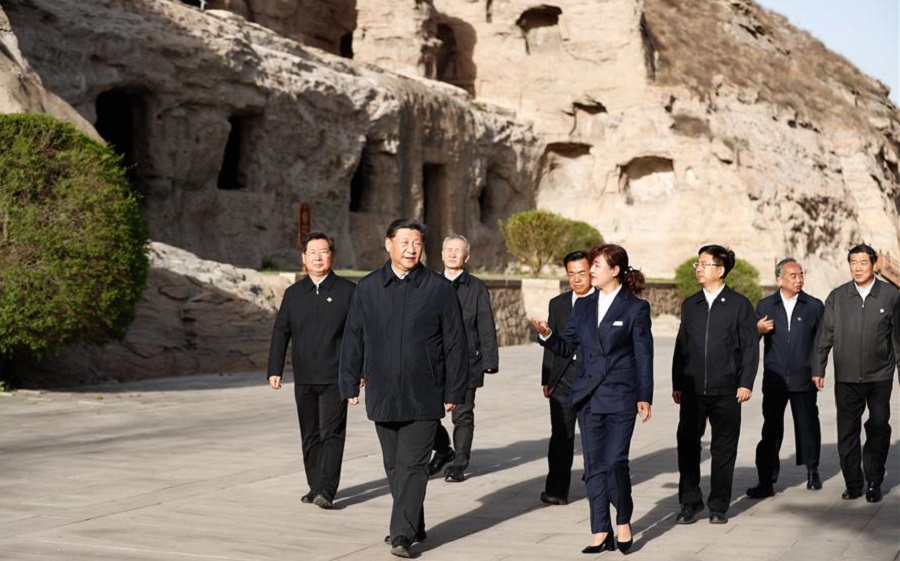
Xi then went to the Yungang Grottoes to learn about its historical and cultural heritage protection efforts.
At the historic site, Xi checked the conservation of statues and wall paintings, stressing the protection of Yungang Grottoes should be the top priority as they are the “treasure of human civilization.”
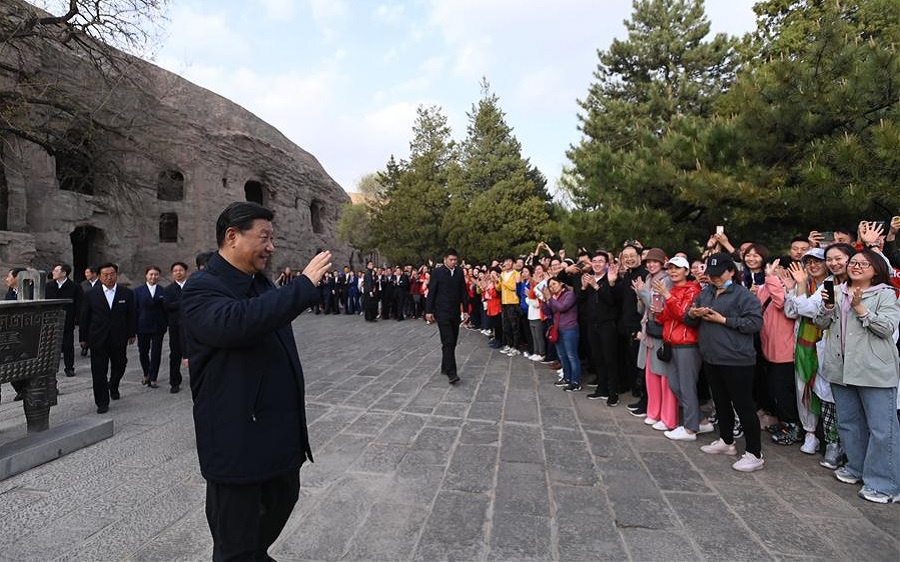
The Yungang Grottoes represent the characteristics of Chinese culture and the history of cultural exchanges between China and other countries, Xi said, urging research and utilization should be based on good protection.
Yungang Grottoes, consist of 252 caves and 51,000 statues, is a UNESCO World Cultural Heritage site which represents the outstanding achievement of Buddhist cave art in China in the 5th and 6th centuries.




